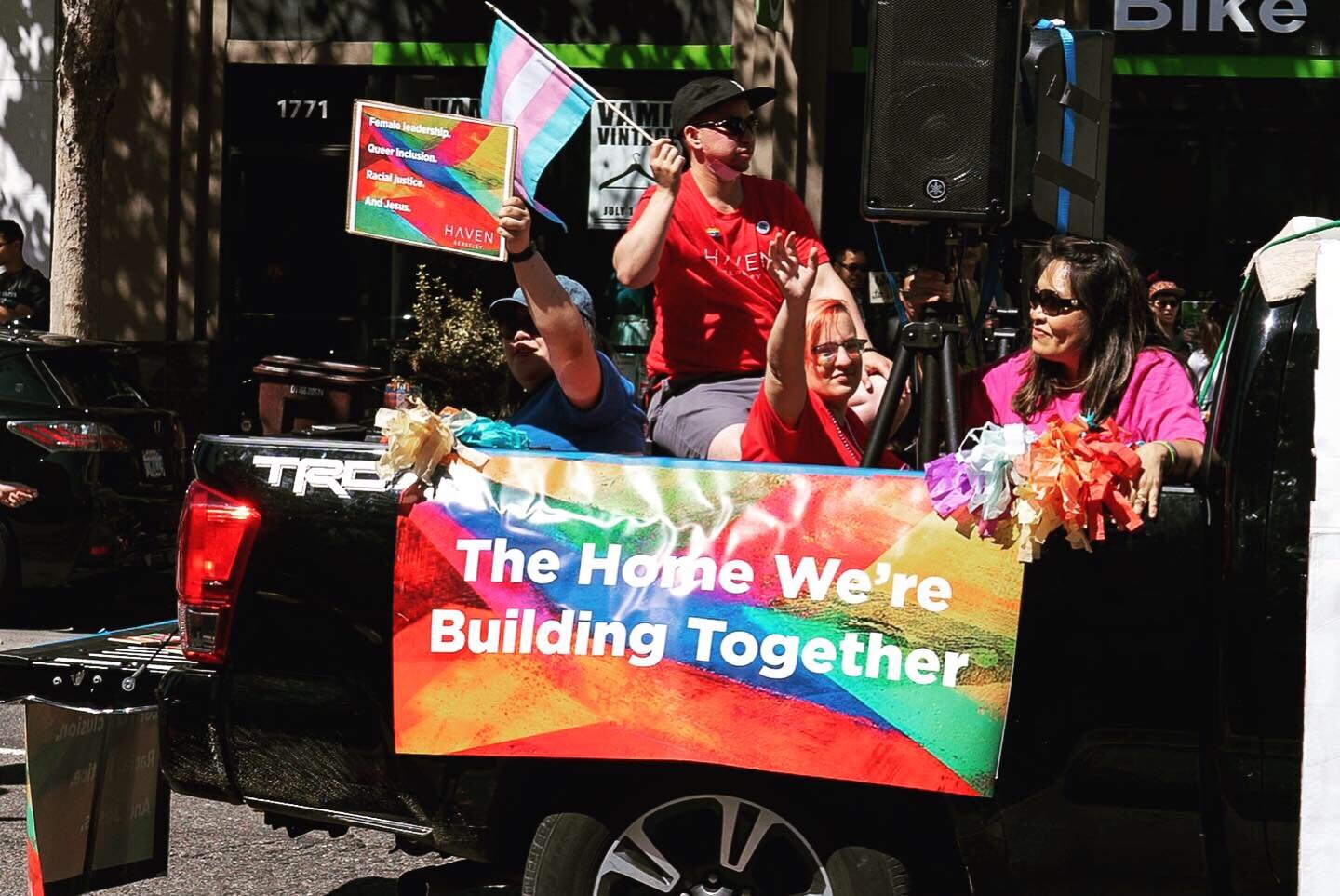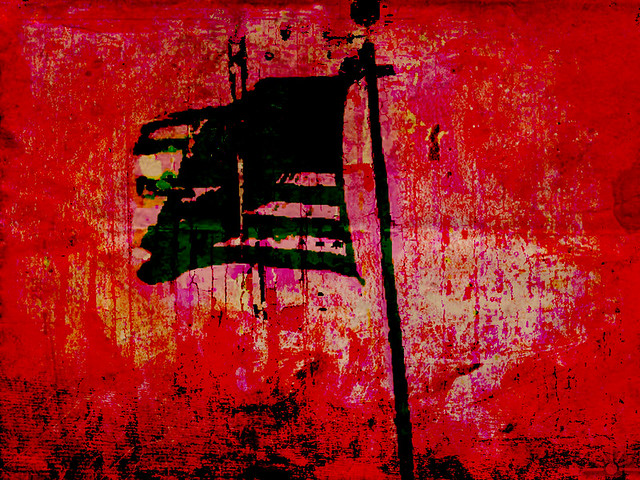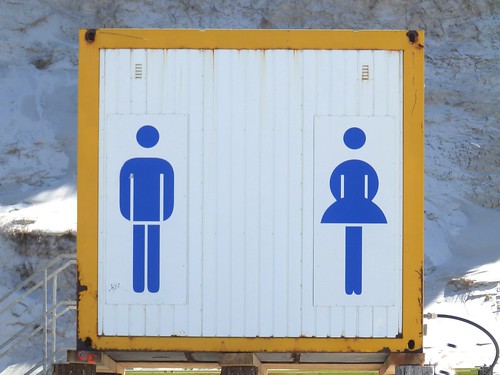Haven at Oakland Pride, September 8, 2019
QT Haven Member and Pride Sunday Panelist Melani Tiongson Sharing Announcements on Pride Sunday, September 15, 2019
A week after we marched through the streets of downtown Oakland for Oakland Pride, the Queer-Trans Haven Group (QT Haven) brought the spirit of Pride back to our worship space, kicking off our new fall series, “The Home We’re Building Together”. At this special service, QT Haven led a packed Haven house in our first Pride Service, vulnerably sharing stories from within our community of wounding and resilience, and inviting all of us into an open conversation around what finding and creating spiritual "home" really means. For those of you who missed it, we include here recordings of two of the featured elements of the morning: both the thoughtful and authentic panel discussion, as well as the original poem that was shared (written by Phoebe Au-Yeung and inspired by the QT Haven group). The poem begins near minute 30. You can also read the text for the poem below.
“To Haven
We bring our stories.
We were pushed away but we held on.
We know depth—
Because we were thrown down wells
And had to claw our way up
and out
Into the sun.
We are warriors—
Who fought for our faith and won it
Because we didn’t get to walk away from ourselves,
We didn’t get to take a break from our lives, from the
When are you bringing home a boyfriend?
Are you a boy or a girl?
How do you know you’re not straight if you haven’t tried it?
Isn’t it just a phase?
I want you to know I’m praying for you,
How is your walk with God?
We love you but we don’t agree with your lifestyle,
It’s not a sin to be gay—just to act on it.
Love the sinner, hate the sin,
You made a choice,
Just don’t tell your grandparents,
You can’t bring your boyfriend,
We prayed about it and decided not to come to your wedding,
You don’t have to flaunt it in our face,
What’s your real name?
These pronouns are just too confusing,
What are you doing in this bathroom?
Are you saying God made a mistake?
Adam and Eve,
The Bible is clear,
Have you asked Jesus to change you?
You just haven’t prayed hard enough.
In the span of a life, it doesn’t take long
For a house to go from home to an empty shell.
Once you board it up and put chains on the doors,
It becomes a condemned building.
We stayed as long as we could,
Some longer than was good.
When they wrote us out of the story,
We created new narratives.
We had to—
There was living water inside of us
And water needs to flow,
needs someplace to go,
thirst to quench,
gardens to revive.
When the foundations of the church crashed down on us,
We grew roots and bloomed from the rubble and ash.
The light shining through the stained glass turned us into a rainbow,
making the colors of the Kindom visible.
We couldn’t deny God in our queer lives.
Christ was not lost in our freedom.
We present ourselves to you as part of your body
and not as tokens, symbols, or burdens.
Here are our hands.
They are your hands.
Look at our faces.
They are your faces in the mirror, asking,
Are we safe with you?
Will you celebrate us?
We are children of God
And Haven is our home.”






















